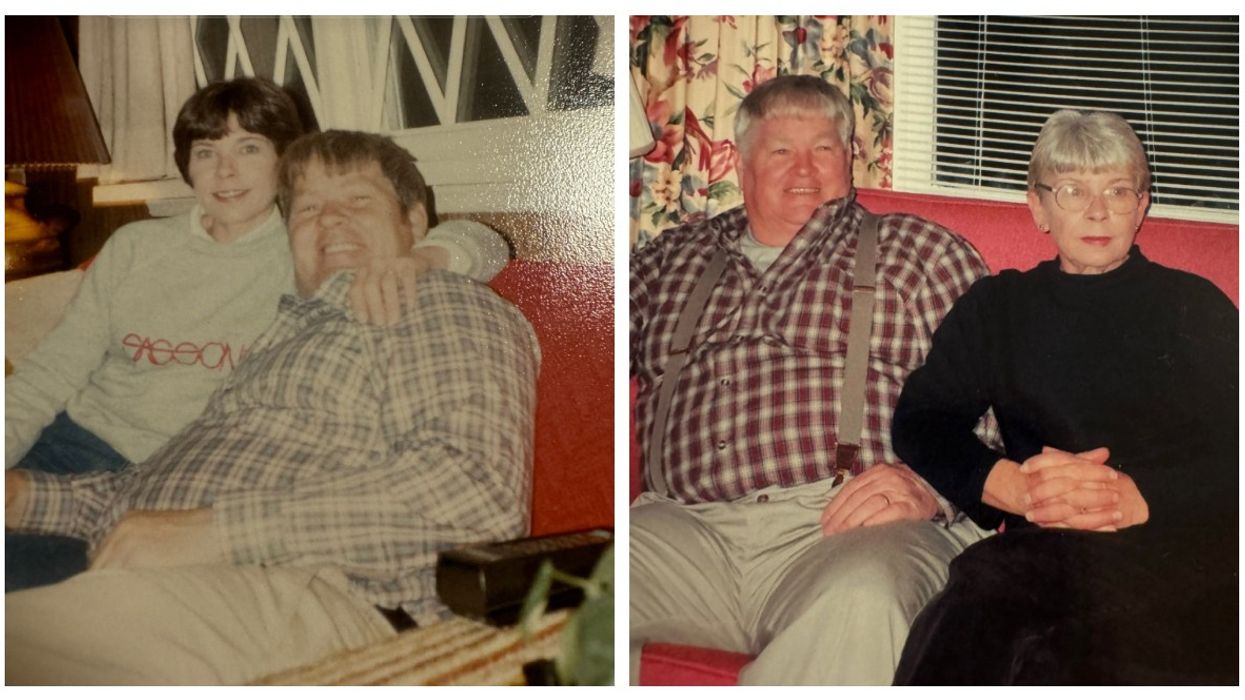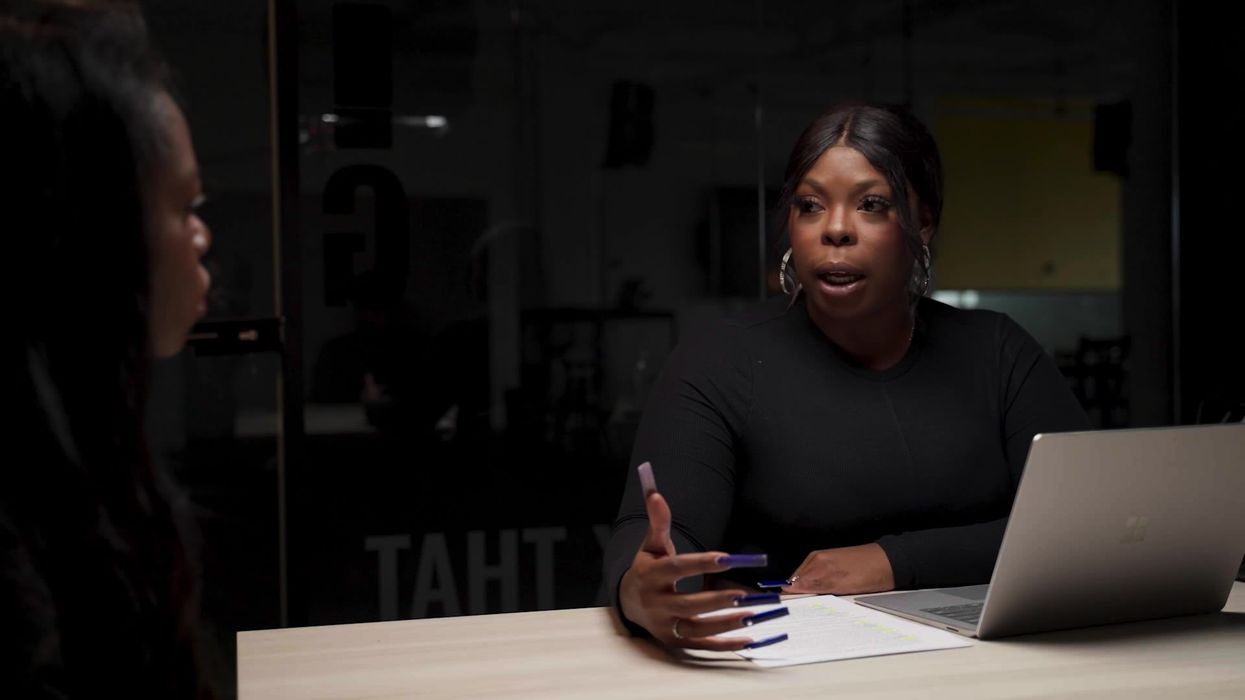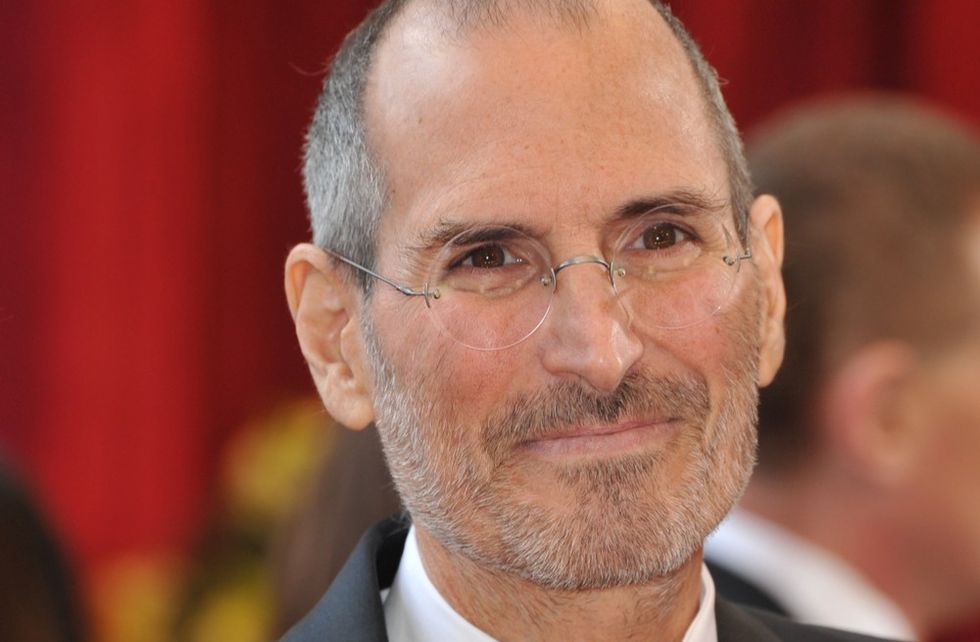
7 of the Most Inspiring Last Words in History
What will be the last thing you ever say?
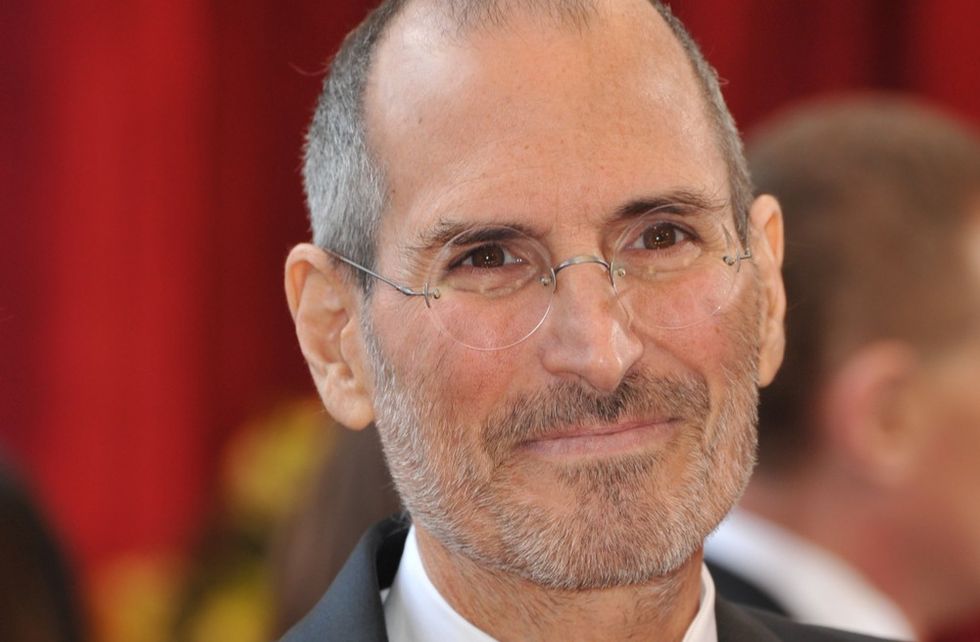
Will it be a pronouncement of your fulfillment, one last message of wisdom to those you love, or a curse to the heavens that your life didn’t turn out the way you had imagined?
The last words of a person are a measure of how they see their life, positive last words are therefore far more inspiring than those spoken by the living because they ring with a truth that is rarely heard.
What did the most accomplished people in history say on their deathbed? What did they think of their own life and life as a whole?
We don’t know what most said, if anything, but a few are reported to have left inspiring parting words with those closest to them which we can use to catch a glimpse at what their answer might have been.
Value your words. Each one may be the last.– Stanislaw Jerzy Lec
These are seven of the most inspiring last words in history.
1. Isaac Asimov - "I love you, Janet."
While these last words might appear to be a simple pronouncement of love, they are far more than that.
The author of many legendary sci-fi stories including the Foundation novels, Isaac Asimov was known for being devoted to his wife Janet and even prophecised that his last words would have to do with the love he had for his wife.
Just before his death, he and his family experienced both heartbreak and drama when Asimov contracted HIV from a blood transfusion.
At the time, HIV wasn’t fully understood and had been looked down upon. This created a lot of headache during an already difficult time. Despite this, Janet Asimov handled everything by Isaac’s side. Clearly, her support didn’t go unnoticed.
2. St. Thomas More - "I die the king's faithful servant, but God's first."
The story goes that St. Thomas More served as a lawyer under King Henry the VIII. When he refused to sign ol’ Henry’s divorce papers out of his commitment to his beliefs, he was executed.
Agree or disagree with his views, but the courage it took to die for them is a lot more courage than most people today muster their entire lives. That to me alone is inspiring and makes me sharpen my own resolve.
3. Giles Corey - "More weight."
Similar to More’s tale, Giles Corey was accused of witchcraft in Salem, Massachusetts during the witch trials of 1692.
According to history books, he was killed by having heavy rocks placed on his outstretched body until his chest collapsed.
I can only imagine how painful that must have been, all the more painful when you think about the fact that he was innocent all along (clearly– see: witchtrials)– but despite this, he fought to the very end and every time he was asked if he were guilty he simply said, “more weight.”
4. Dwight D. Eisenhower - "I've always loved my wife and my children and my grandchildren. I've always loved my country. I want to go. God, take me."
Former U.S. President Eisenhower’s reported last words are inspiring because they’re the sign of someone who lived a full and glorious life. The sign of someone who lived a life which left them fulfilled and content with their time on Earth.
How many people do you know that could pass tomorrow and say they were happy with how they lived their life? This alone is an inspiring benchmark to try and live up to.
5. Leonardo da Vinci - "I have offended God and mankind because my work did not reach the quality it should have."
Less inspiring and more motivational, Leonardo da Vinci’s reported last words are insightful, to say the least.
Did a man who accomplished as much as he did while he was alive really think that of himself? It shows clearly the standard he held himself to and inspires others to seek more within themselves.
6. Charles Darwin - "I am not the least afraid to die."
While simple, Darwin’s reported last words are powerful because they’re proof of someone who faced down death in their last remaining hours with courage instead of fear, something most people aren’t willing to do when they’re alive let alone on their deathbed.
7. Steve Jobs - "Oh wow. Oh wow. Oh wow."
According to Steve Jobs' sister, Mona Simpson, Jobs' tone was 'affectionate, dear, loving, but like someone whose luggage was already strapped onto the vehicle, who was already on the beginning of his journey, even as he was sorry, truly deeply sorry, to be leaving us'.













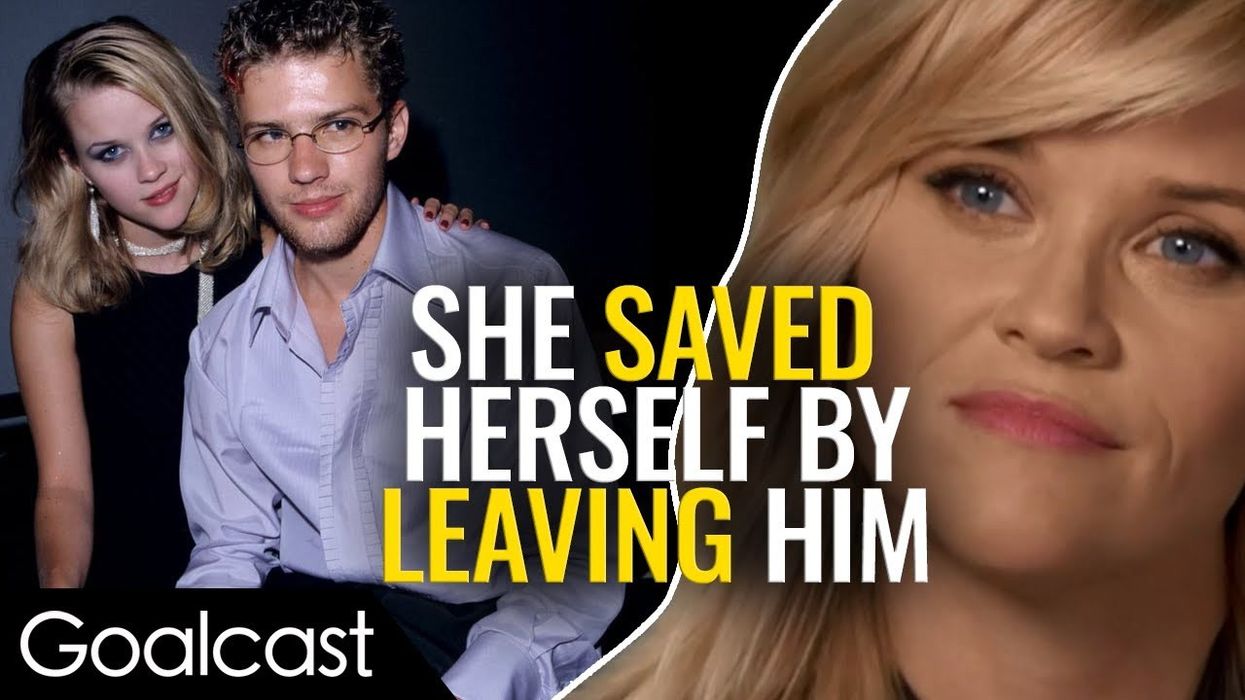




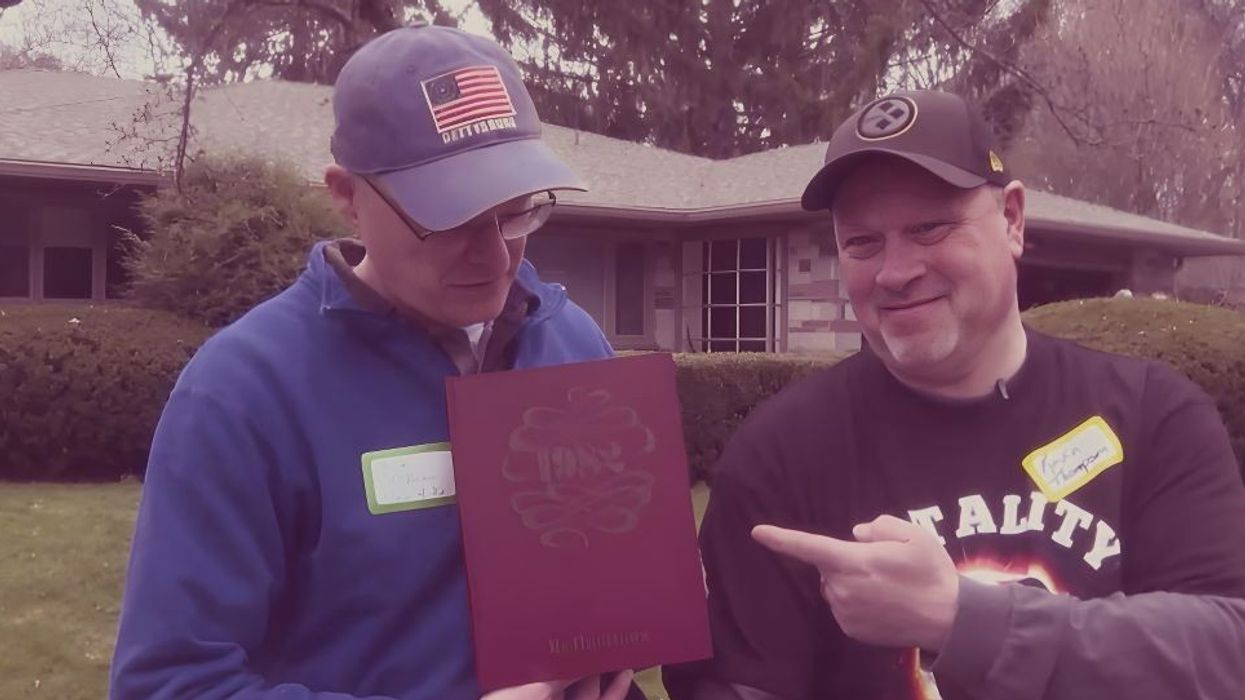 Two of Mr. Moriarty's students pose with their yearbook from 1982.WHAM via CNN / Video
Two of Mr. Moriarty's students pose with their yearbook from 1982.WHAM via CNN / Video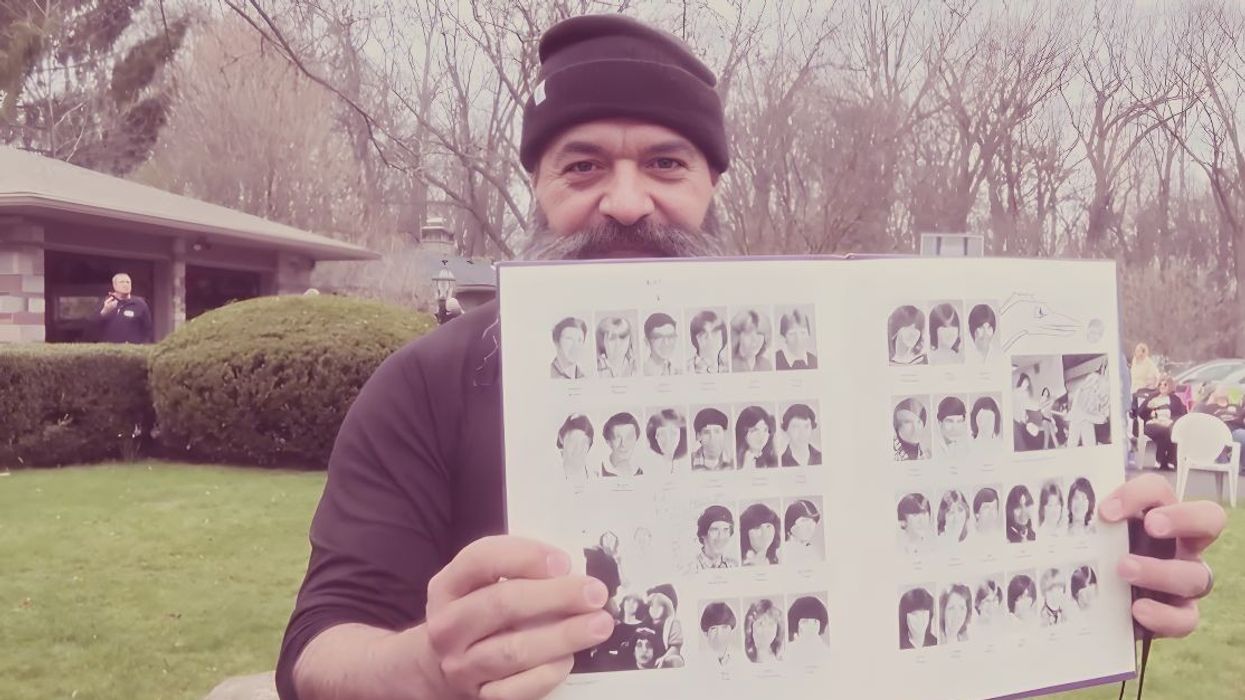 man holding a yearbookWHAM via CNN / Video
man holding a yearbookWHAM via CNN / Video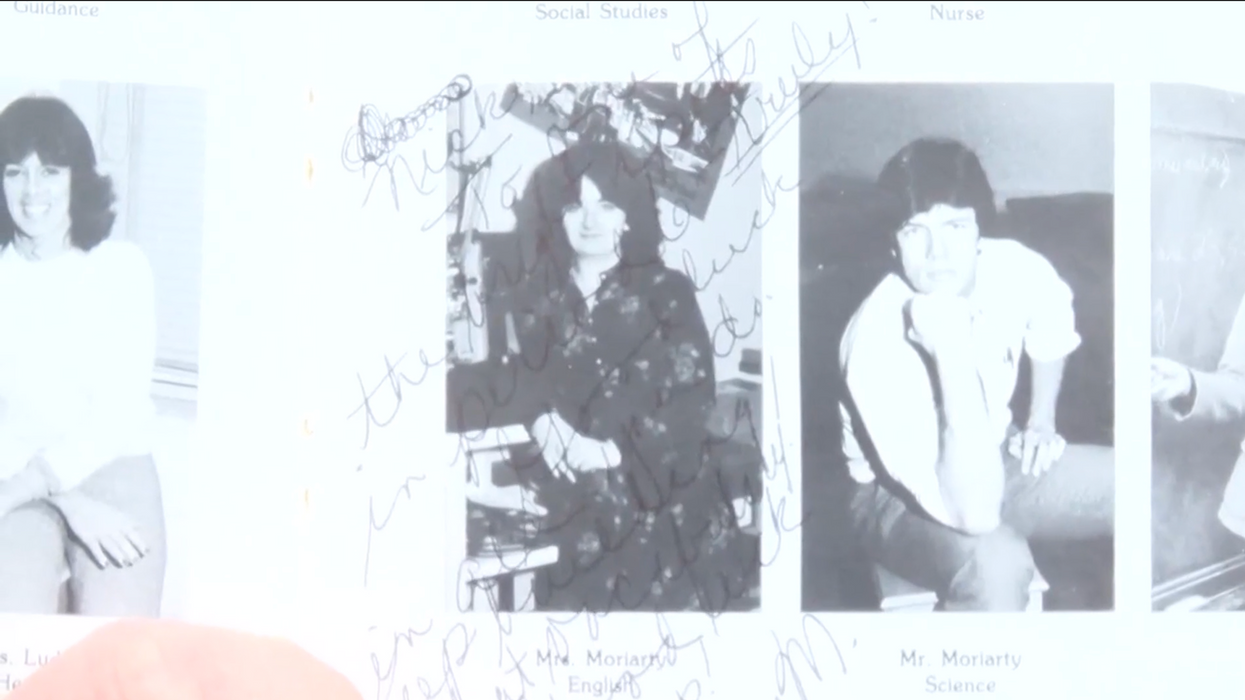 Black and white photos from school yearbookWHAM via CNN / Video
Black and white photos from school yearbookWHAM via CNN / Video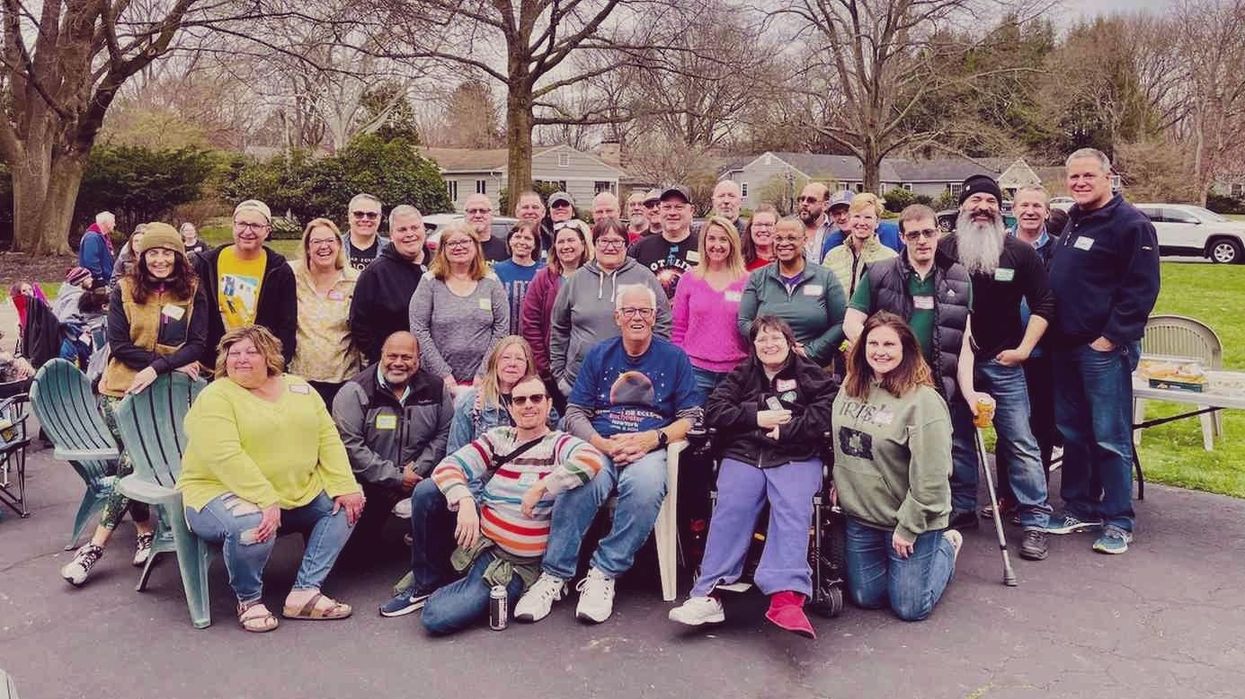 Patrick Moriarty (center, blue shirt) and a group of his former students watched the solar eclipse together on Monday in New York.Caitlin Moriarty Hynick
Patrick Moriarty (center, blue shirt) and a group of his former students watched the solar eclipse together on Monday in New York.Caitlin Moriarty Hynick